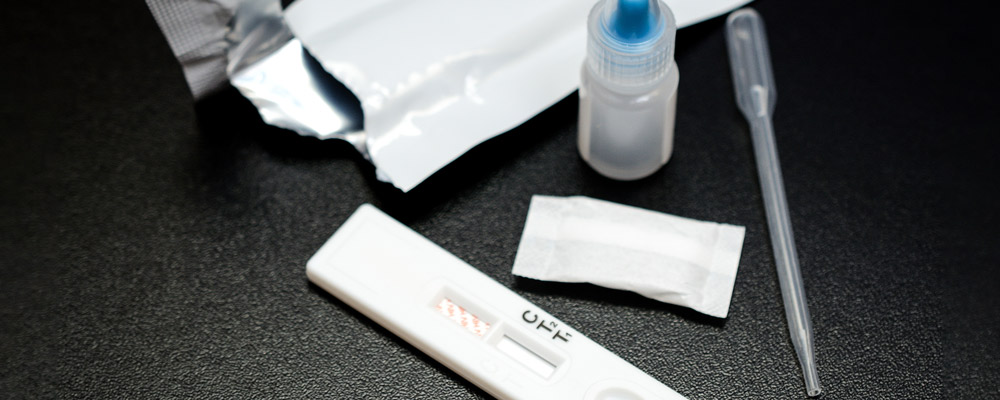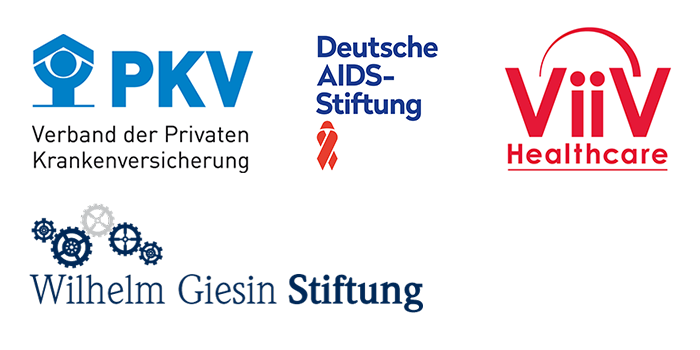
The HIV self-test (also referred to as home test) is a type of HIV test that can be easily done by the client itself, e.g. at home. Testing is done by first collecting blood from the fingertip and placing it into the test apparatus. The result will be displayed after about a quarter of an hour. Similar to other customary test procedures, the self-test will not detect HIV itself but it will detect any antibodies against the virus.
Please note: Antibodies are formed only after some time. Therefore, at least 12 weeks must have elapsed since the risk exposure for the test to reliably exclude HIV transmission. In other words, a negative testing result will be reliable only after twelve weeks. However, if there is an HIV infection, the test will often detect it even earlier.
You can obtain HIV self-tests from Checkpoint, pharmacies, chemists, or online, among other options. Be sure to check that the product has the CE label, that it is designed for amateur use and that it has been approved for use in Europe. This is the case, for example, of the following self-tests: “Autotest VIH“, “INSTI“, “Exacto“.
Self-tests are so sensitive that they sometimes “overreact” showing a positive result even if there is no infection. Therefore, the result must be confirmed up by a laboratory test which can be done by any physician, at the health authority, directly at the laboratory or at any of the Checkpoint centres run by Deutsche Aidshilfe. Only if this second test is positive, an HIV infection is considered to exist.
At first, if you test positive, you might feel that you have to deal with the situation on your own and that you cannot talk to anybody about it. But remember that our counsellors will be there for you, in person, by phone or by email.
Checkpoint Freiburg
Oltmannsstraße 3 – 1. OG
79100 Freiburg
Checkpoint Freiburg wird finanziert aus Landesmitteln, die der Landtag Baden-Württemberg beschlossen hat


